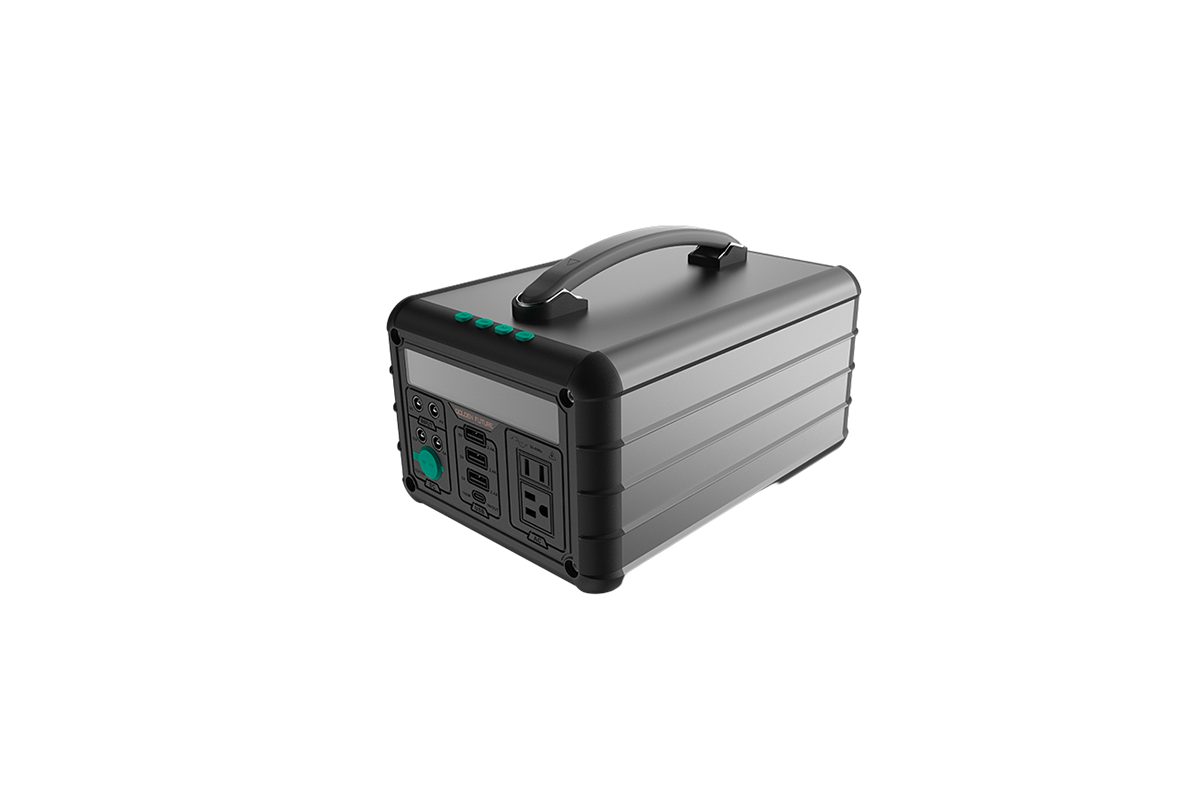

Time:2025-09-22 Views:1

The high - reliability lithium - ion energy storage system represents a cutting - edge solution in the realm of energy storage, designed to meet the increasing demands for stable and efficient energy storage across various sectors. At its core, this system leverages lithium - ion battery technology, renowned for its high energy density, long cycle life, and low self - discharge rate, which collectively contribute to its exceptional reliability.
One of the key aspects ensuring the reliability of this system is its meticulous design and manufacturing process. Advanced materials and state - of - the - art manufacturing techniques are employed to construct the battery cells and modules. High - quality cathode and anode materials, along with stable electrolyte formulations, are carefully selected to enhance the electrochemical performance and durability of the cells. Rigorous quality control measures are implemented at every stage of production, from raw material inspection to the final assembly of the energy storage system. Each component is thoroughly tested to ensure it meets strict performance and safety standards, minimizing the risk of failures during operation.
The high - reliability lithium - ion energy storage system also features intelligent management systems. These systems continuously monitor various parameters of the battery, such as voltage, current, temperature, and state of charge (SoC). By accurately analyzing this data in real - time, the management system can optimize the charging and discharging processes, prevent overcharging or over - discharging, and balance the charge distribution among cells. This not only extends the lifespan of the battery but also ensures consistent and reliable energy output under different operating conditions.
In terms of safety, multiple layers of protection are integrated into the system. Over - voltage protection, over - current protection, and short - circuit protection mechanisms are designed to safeguard the battery and the connected equipment from potential hazards. Additionally, thermal management systems play a crucial role in maintaining the optimal operating temperature of the battery, preventing thermal runaway and ensuring safe operation even in high - stress situations.
This type of energy storage system finds extensive applications in a wide range of fields. In the renewable energy sector, it can store excess energy generated from solar and wind power sources, enabling a more stable and continuous supply of electricity to the grid. In the industrial field, it provides reliable backup power for critical equipment, ensuring uninterrupted production processes. In the residential and commercial sectors, it can be used for load shifting, reducing electricity costs during peak demand periods, and enhancing the overall energy independence and reliability of buildings.
Read recommendations:
Differences between Polymer Lithium Batteries and Lithium Batteries